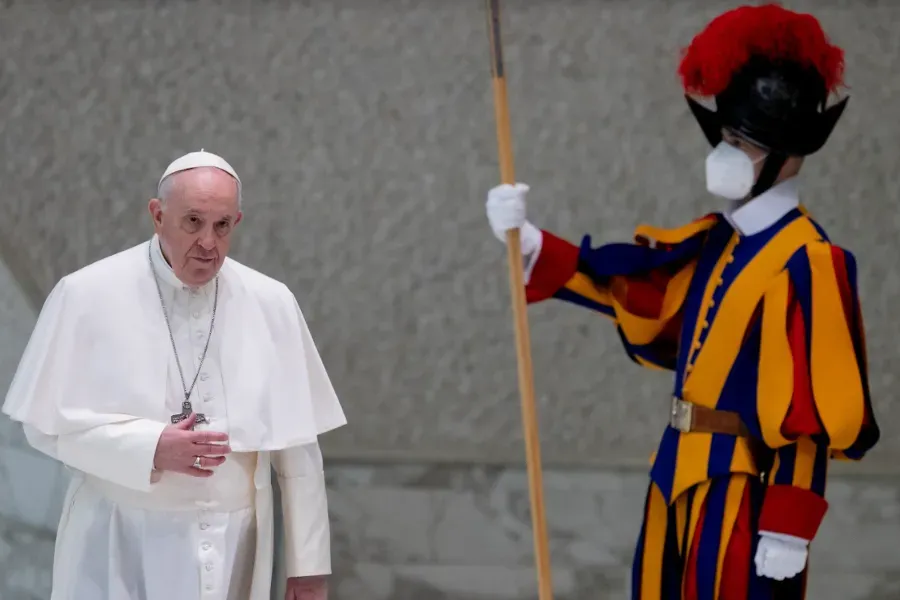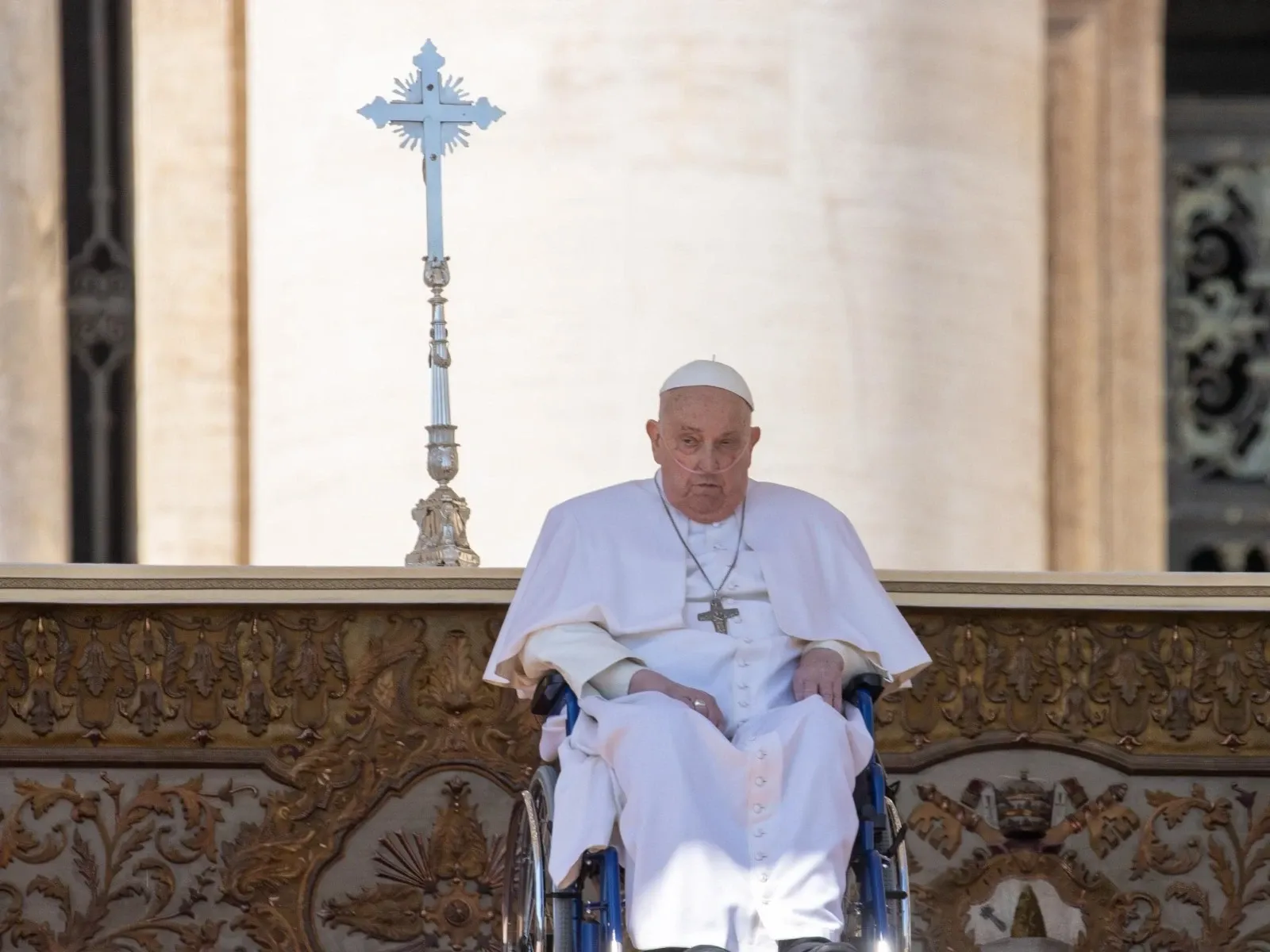“The insensitivity of the spiritual senses relates to compassion and pity, shame and remorse, fidelity and devotion, tenderness and honor, one’s own responsibility and sorrow for another,” he said.
The pope added that old age was “the first casualty of this loss of sensitivity.”
“In a society that exercises sensitivity primarily for enjoyment, there cannot but be a lack of attention to the frail, and the competition of the winners prevails,” he said.
He suggested that the story of Simeon and Anna showed a way out of generational conflict, noting that they were not resentful that they were only “witnesses” and not “protagonists.”
“Old age that has cultivated the sensitivity of the soul extinguishes all envy between generations, all resentment, all recrimination for an advent of God in the generation to come, which arrives together with the departure of one’s own,” he said.
(Story continues below)
He continued: “The spiritual sensitivity of old age is capable of breaking down competition and conflict between generations in a credible and definitive way…”
“This is certainly impossible for men, but it is possible for God. And today we need it so much, the sensitivity of the spirit, the maturity of the spirit, we need wise elders, mature in the spirit who give us hope for life.”
After the pope’s address, a summary of his catechesis was read out in seven languages and he greeted members of each language group.
Addressing English-speaking Catholics, he said: “I greet the English-speaking pilgrims and visitors taking part in today’s audience, especially the groups from England, Denmark, the Netherlands, Sweden, Israel, and the United States of America.”
“May our Lenten journey bring us to celebrate Easter with hearts purified and renewed by the grace of the Holy Spirit. Upon each of you, and your families, I invoke joy and peace in Christ our Redeemer.”
Speaking to Italian pilgrims, Pope Francis greeted Ukrainian children present at the audience who are being hosted by the Aiutiamoli a Vivere foundation, the Puer association, and Ukraine’s embassy to the Holy See.
“And with this greeting to the children, we also return to think about this monstrosity of war and renew our prayers that this savage cruelty that is war may be stopped,” he said.
At the end of the audience, Pope Francis asked for prayers ahead of his upcoming two-day visit to Malta, a predominantly Catholic country located in the central Mediterranean Sea.
“Dear brothers and sisters, next Saturday and Sunday I shall go to Malta. In that luminous land, I shall be a pilgrim in the footsteps of the Apostle Paul, who was welcomed there with great humanity after being shipwrecked at sea on his way to Rome,” he said.
“This apostolic journey will thus be an opportunity to go to the sources of the proclamation of the Gospel, to know at first hand a Christian community with a lively history stretching back thousands of years, and to meet the inhabitants of a country that lies at the center of the Mediterranean and in the south of the European continent, which today is even more committed to welcoming so many brothers and sisters seeking refuge.”
“I greet all of you Maltese from the bottom of my heart: have a good day. I thank all those who have worked to prepare this visit and I ask each one to accompany me in prayer.”








